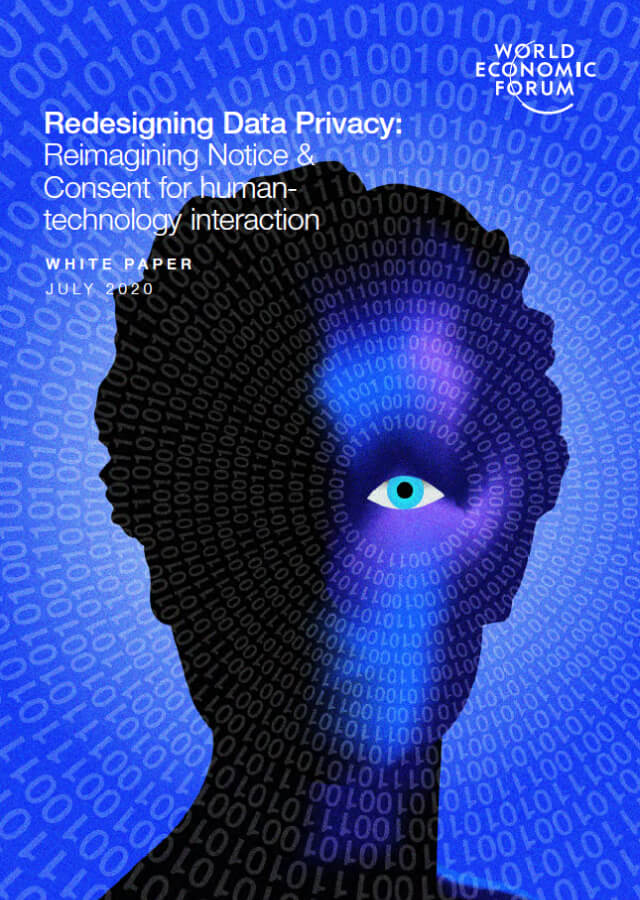Other reports



Eco-efficiency is the outcome of 4IR technologies which, when directed to solve business problems, simultaneously boost productivity and sustainability.
Fourth Industrial Revolution technologies make environmental sustainability easier. Lighthouses have established themselves as beacons of the Fourth Industrial Revolution (4IR), adapting to four durable shifts – agility and customer centricity; supply chain resilience; speed and productivity; and eco-efficiency. Among these shifts, eco-efficiency has emerged at the vanguard, its prominence fuelled by increased global concerns about the environmental impact of human activities. United Nations Secretary-General Antonio Guterres called the August 2021 report by the Intergovernmental Panel on Climate Change (IPCC) a “code red for humanity”.

The way in which we as people interact with technology is continuously evolving. When the permissions people grant to companies and organizations at one point in time become the gateway for everything that happens to that data in the future, that moment becomes extremely important, perhaps far beyond what could be envisaged. Given the ubiquity of data collection online and the necessity of technologies that enhance our lives but rely on that data, is there a better way to manage the relationship between people and technology?

This report describes the work to date of a multiyear initiative on Unlocking Value in Manufacturing through Data Sharing, launched in 2019 by the World Economic Forum’s Platform for Shaping the Future of Advanced Manufacturing and Value Chains, in collaboration with Boston Consulting Group (BCG).

With the integration of screenless technology into everyday life, the data ecosystem is growing increasingly complicated. New ambient data collection methods bring many benefits, but they also have the potential to amplify mistrust between people and technology.